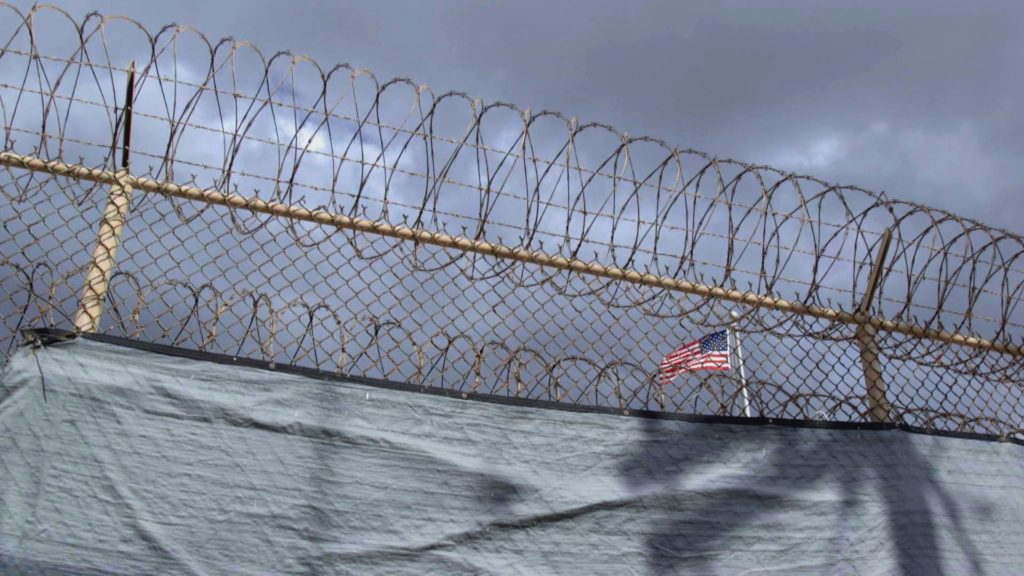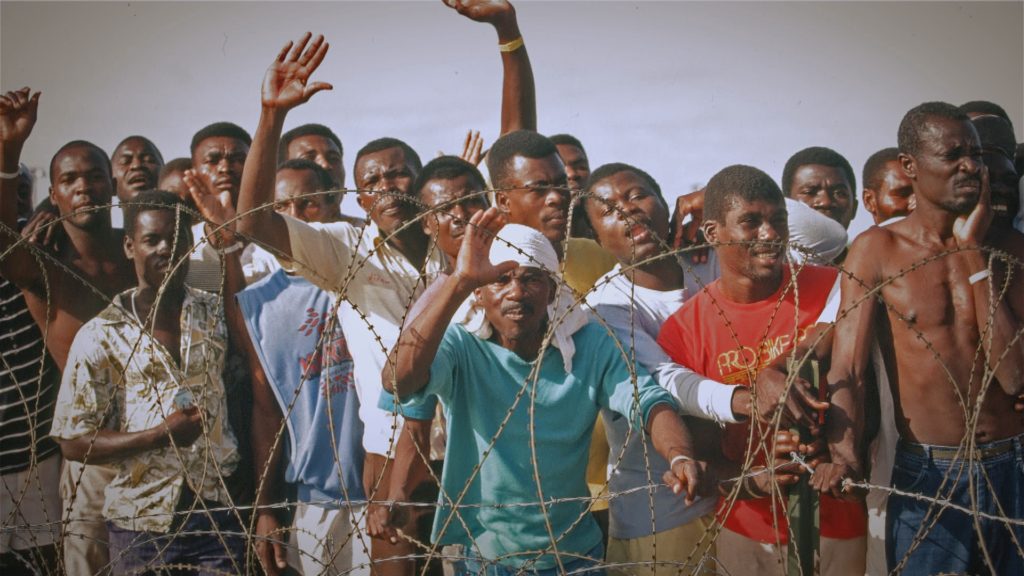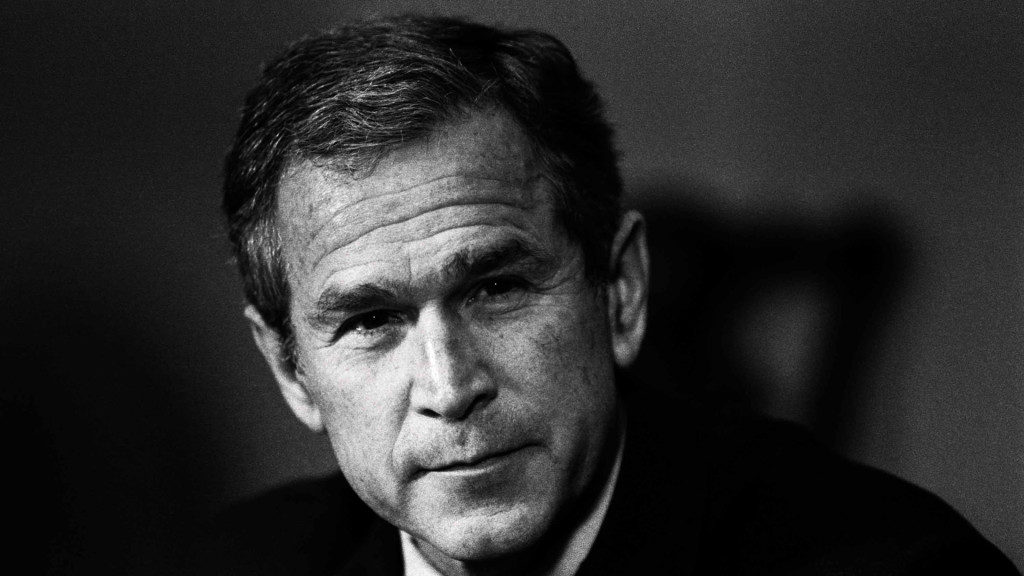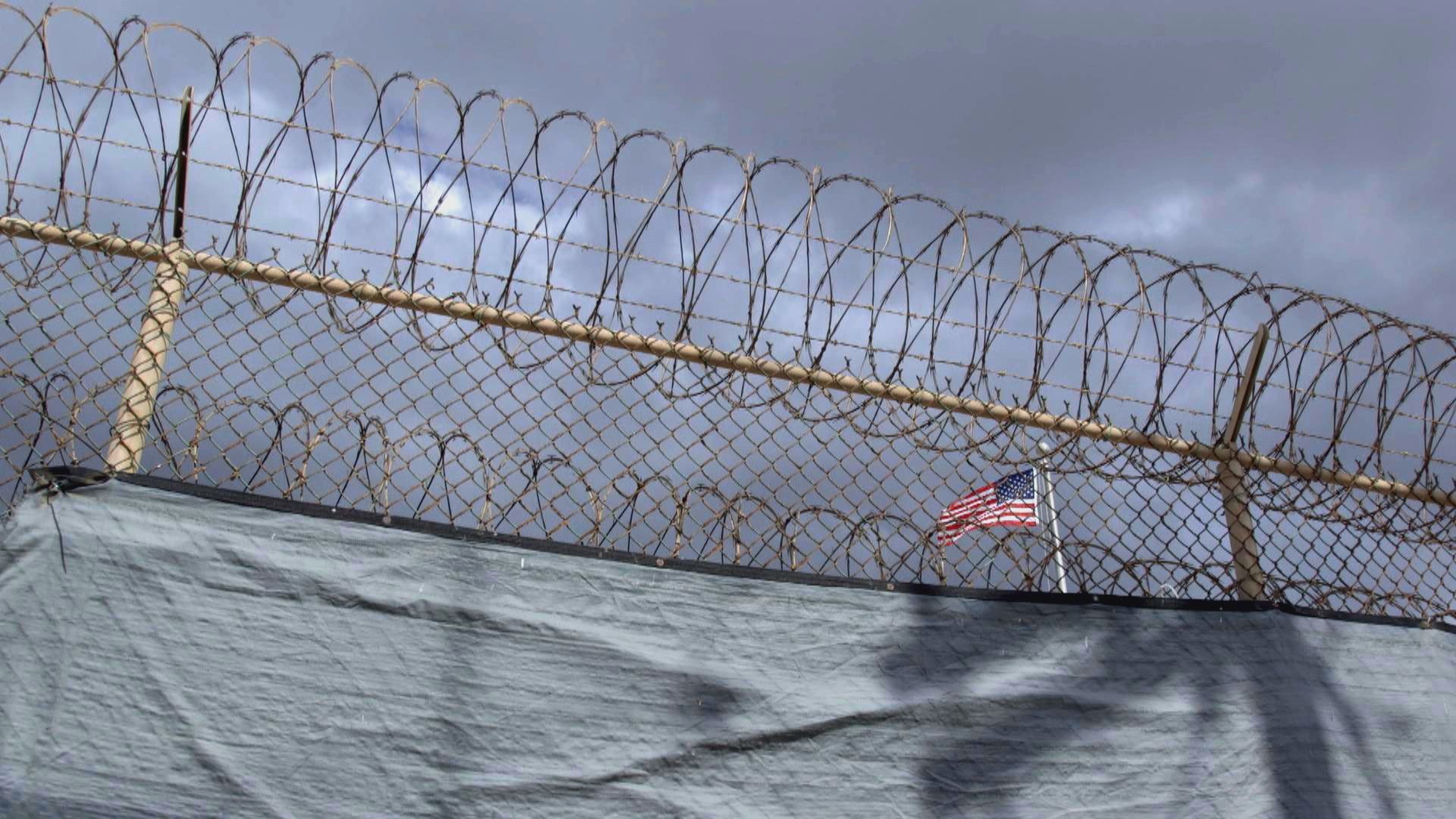9/11 Mastermind Harangues U.S. Gov’t at Guantanamo Hearing
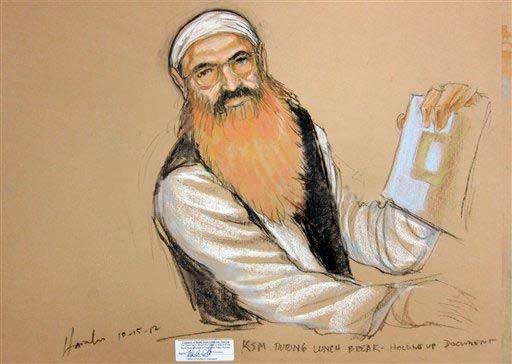
October 17, 2012
Share
After assuring the judge he wouldn’t speak to anything classified, Khalid Sheikh Mohammed delivered a diatribe against the American government at today’s military commission hearing at Guantanamo.
Framing his statement as “advice” for Army Col. James Pohl, who is serving as the judge at the commission, Mohammed compared the 9/11 attacks with what he described as American crimes.
“When the government feels sad for killing of 3,000 on Sept. 11, we also should feel sorry that the American government that is represented by [Chief Prosecutor] Gen. [Mark] Martins and others have killed millions of people,” he said.
Mohammed also compared the U.S. to a “dictator” and said that the government stretches the definition of national security “as it chooses” to justify killing and torture.
“Every dictator can put on this definition as the shoes he chooses to step on every law and every constitution,” he said.
“The president can take someone and throw him in the sea in the name of national security,” Mohammed added in a clear reference to the killing of Osama bin Laden. “He can also legislate the assassinations under the name of national security for the American citizens,” he went on, in a reference to the drone strike that targeted and killed radical American cleric Anwar al-Awlaki in Yemen last year.
“My only advice to you,” Mohammed concluded, speaking to the judge, “is that you do not get affected by the crocodile tears, because your blood is not made of gold and ours is not made out of water. We are all human beings.”
It was a remarkable moment, and one not likely to be repeated soon. At the end of the lecture, Judge Pohl responded: “Something to make clear, I did not interrupt Mr. Mohammed, but this is a one time occurrence. If the accused wish to represent themselves as attorneys, that’s one thing. No matter how heartfelt, I will not entertain personal comments from accused about the way things are going.”
Mohammed’s monologue came after prosecutors and defense lawyers had spent hours debating how to handle classified information. His lawyer, David Nevin, told the court that his client wished to speak.
Witnesses in the court gallery say that Mohammed’s speech elicited no reaction from the 9/11 family members present, who may have simply been stunned.
Related Documentaries
Latest Documentaries
Related Stories
Related Stories
Explore
Policies
Teacher Center
Funding for FRONTLINE is provided through the support of PBS viewers and by the Corporation for Public Broadcasting, with major support from Ford Foundation. Additional funding is provided the Abrams Foundation, Park Foundation, John D. and Catherine T. MacArthur Foundation, Heising-Simons Foundation, and the FRONTLINE Trust, with major support from Jon and Jo Ann Hagler on behalf of the Jon L. Hagler Foundation, and additional support from Koo and Patricia Yuen. FRONTLINE is a registered trademark of WGBH Educational Foundation. Web Site Copyright ©1995-2025 WGBH Educational Foundation. PBS is a 501(c)(3) not-for-profit organization.
